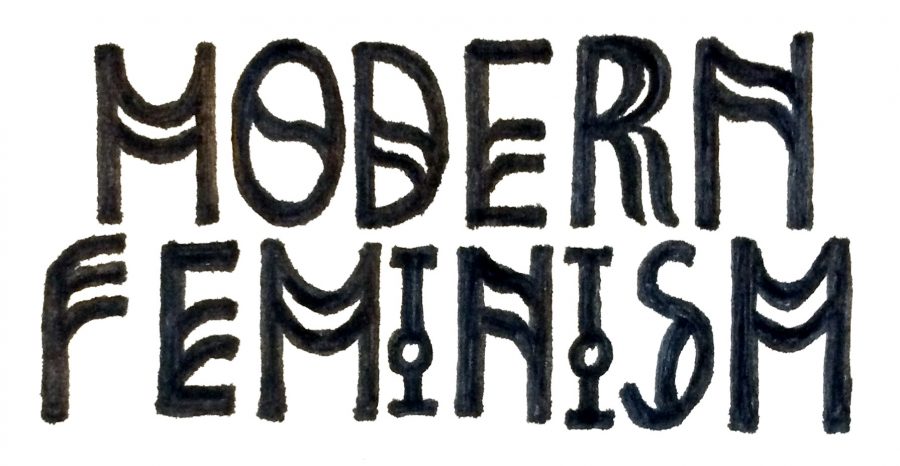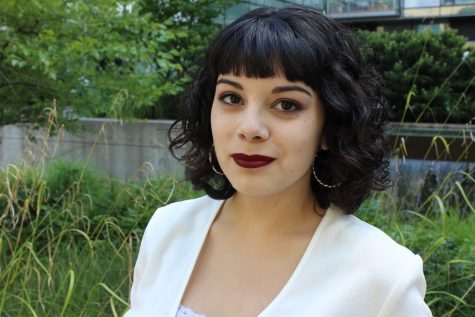Modern Feminism: Fueled by prejudice
May 30, 2017
The Highway of Tears
You’ve probably heard of the Trail of Tears in a history class or two, but it’s rare that you’ve heard of the Highway of Tears. This forlorn name refers to a 450 mile stretch of Highway 16, from Prince George to Prince Rupert in British Columbia. Beginning in 1969, the Highway of Tears has claimed the lives of at least 18 young women through kidnapping and murders. However, locals believe that number is actually up into the 40s.
Of the 18 missing or murdered women, the Royal Canadian Mounted Police (RCMP) has stated that 13 of them were teenagers and 10 of them were of aboriginal descent. These 18 women are only the ones whose abduction or murder has enough evidence to warrant a case.
Indigenous women of the area are taught from a young age to not go near that stretch of Highway 16 and to never hitchhike. The native women are most at risk because the Highway of Tears runs rural logging towns, poor native reservations, and large areas of wilderness. Indigenous people, the women more specifically, are at a higher risk for hate crimes such as kidnappings and murders.
The native communities in Canada believe that not enough media attention has ever been brought to these crimes because of the socioeconomic state of most native families. The RCMP stated project E-PANA in 2006 to help solve these crimes but with budget cuts over the last few years, the project has been pushed to the side. Very few of these cases have ever been solved. The latest recognized abduction happened in 2011.
Final word, stay away from Highway 16 and take crimes against indigenous women seriously.
Sheila Abdus-Salaam
Oh look, another crime against a woman of color. The body of Judge Sheila Abdus-Salaam was found in the Hudson River on the morning or April 12. Abdus-Salaam is distinguished as the first female Muslim judge in the country and the first black woman to be appointed to the New York Court of Appeals.
The NYPD first classified her death as a suicide after learning that she had struggled with depression and was recently prescribed a new medication. Soon after, they changed the classification from suicide to “suspicious” death. With hate crimes running rampant across the country, especially after the election, it would be no surprise if her death was criminal in nature.
Abdus-Salaam had earned a reputation for using her position of power to fight internal corruption and police brutality. She was also a black woman in a position of influence. In this society, that doesn’t agree with some people, those who don’t understand the concept of equality.
Her friends and colleagues have only the nicest things to say about her. Former classmate and Attorney General Eric Holder said Abdus-Salaam “defined herself by her relentless pursuit of excellence.”
Sheila Abdus-Salaam may have very well chosen to commit suicide but with the current climate of our country and Abdus-Salaam’s characteristics, it is more likely that her death was a crime.
















